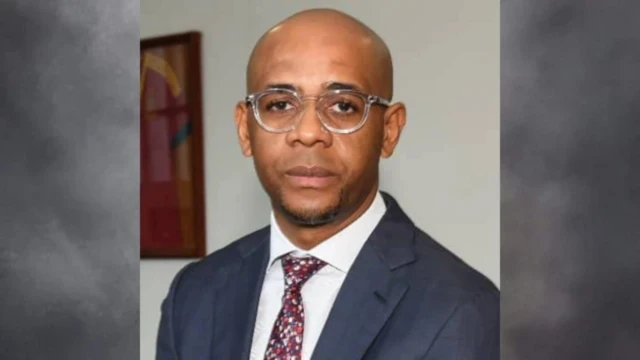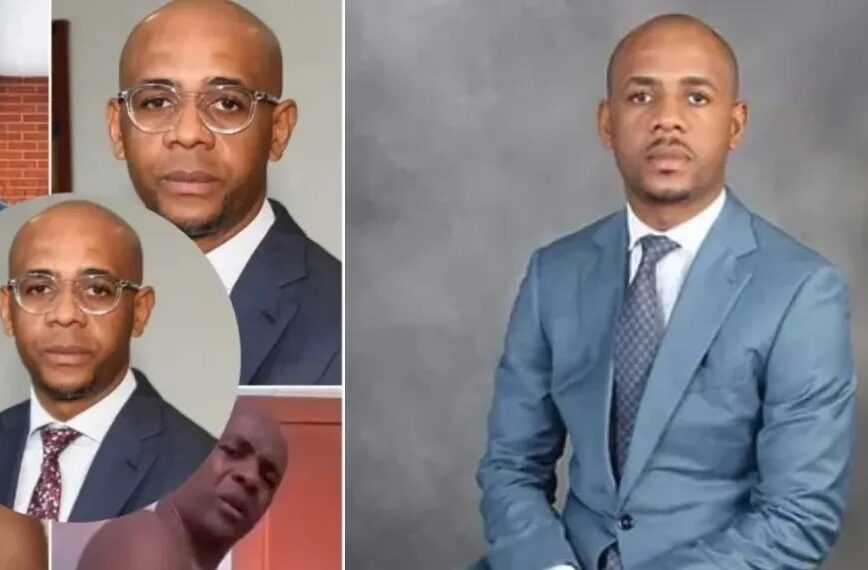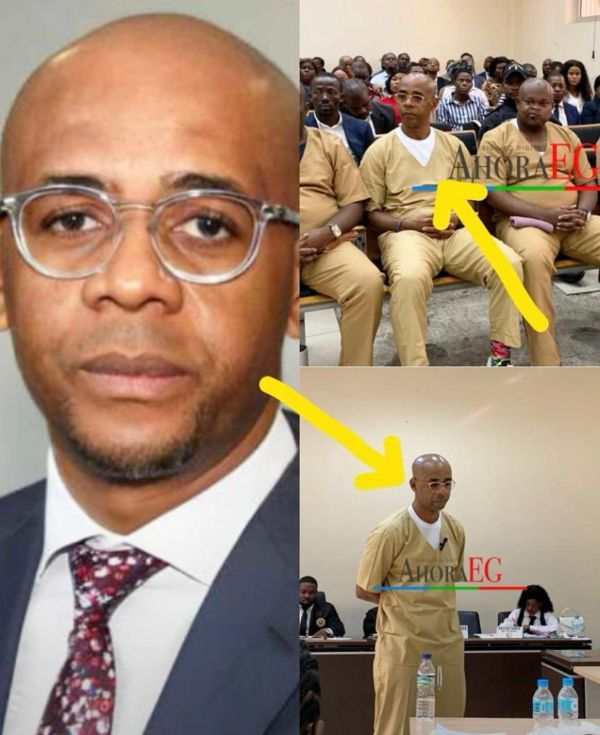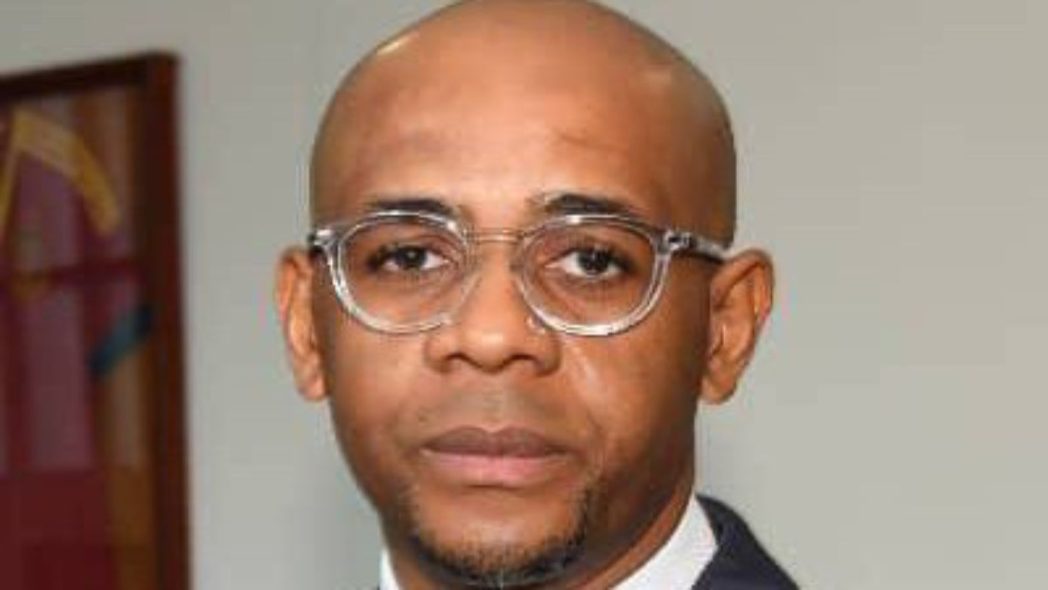Equatorial Guinea's Baltasar Engonga Sentenced to 18 Years for Corruption

Baltasar Ebang Engonga, also known as Balthazar Egonga or “Bello,” a former Director-General of Equatorial Guinea’s National Agency for Financial Investigation (ANIF), has been sentenced to 18 years in prison by a court in Malabo. This high-profile conviction followed a trial on severe charges including corruption and abuse of office. Engonga was found guilty of embezzlement, receiving an 8-year sentence; illicit enrichment, with a penalty of 4 years and 5 months; and abuse of power, leading to a 6-year and 1-day sentence. In addition to the lengthy prison term, the court imposed a substantial fine of 910 million CFA francs, equivalent to approximately 1.5 million USD, and barred him from holding public office for the entire duration of his 18-year sentence.
Engonga, born on March 15, 1978, is a nephew of President Teodoro Obiang Nguema and a member of one of Equatorial Guinea’s politically influential families. He studied finance and economics at the University of Malabo and previously held leadership roles at ANIF and the Directorate General of Insurance and Reinsurance (DGAR). Prosecutors in his case uncovered massive financial irregularities, presenting evidence that Engonga had siphoned more than 1 billion CFA francs (approximately 1.5 to 1.67 million USD) from public funds between 2015 and 2020. The evidence included detailed bank transfers, logs from offshore accounts, and forged documents, substantiating the claims of misappropriation.
The scrutiny on Engonga intensified dramatically in late 2024 following a high-profile sex tape scandal. During raids on his home and office, over 400 explicit videos involving Engonga and several high-ranking women emerged. These women reportedly included wives of top officials, members of the president’s family, and other public figures. While the tapes were reported to be consensual, their public emergence sparked widespread outrage and amplified existing concerns about his conduct and the broader issue of official accountability.
In the aftermath of these revelations, Engonga was swiftly removed from his office by presidential decree. He has been held in Malabo’s notorious Black Beach Prison since September 2024. The government of Equatorial Guinea responded to the scandal by instituting a stringent zero-tolerance policy on sexual conduct within public offices and pledging to enhance ethics oversight. The investigation into Engonga also revealed a broader corruption network, with several of his colleagues, including Carmelo Julio Matogo Ndong, Ireneo Mangue Monsuy Afana, and Florentina Iganga Iñandji, now facing charges as part of the ongoing anti-corruption efforts.
This conviction represents a major milestone in Equatorial Guinea’s official campaign against high-level corruption, coming at a time of increasing public demand for greater accountability and transparency among government officials. Despite the prosecution's extensive evidence, Engonga's defense maintained that the charges were unfounded. During the trial, Engonga claimed that his office was not allocated specific budgetary funds within the Ministry of Finance’s budget during his tenure, stating that "Insurance directorates are autonomous entities" and only the ministry's travel expenses were provided for.








